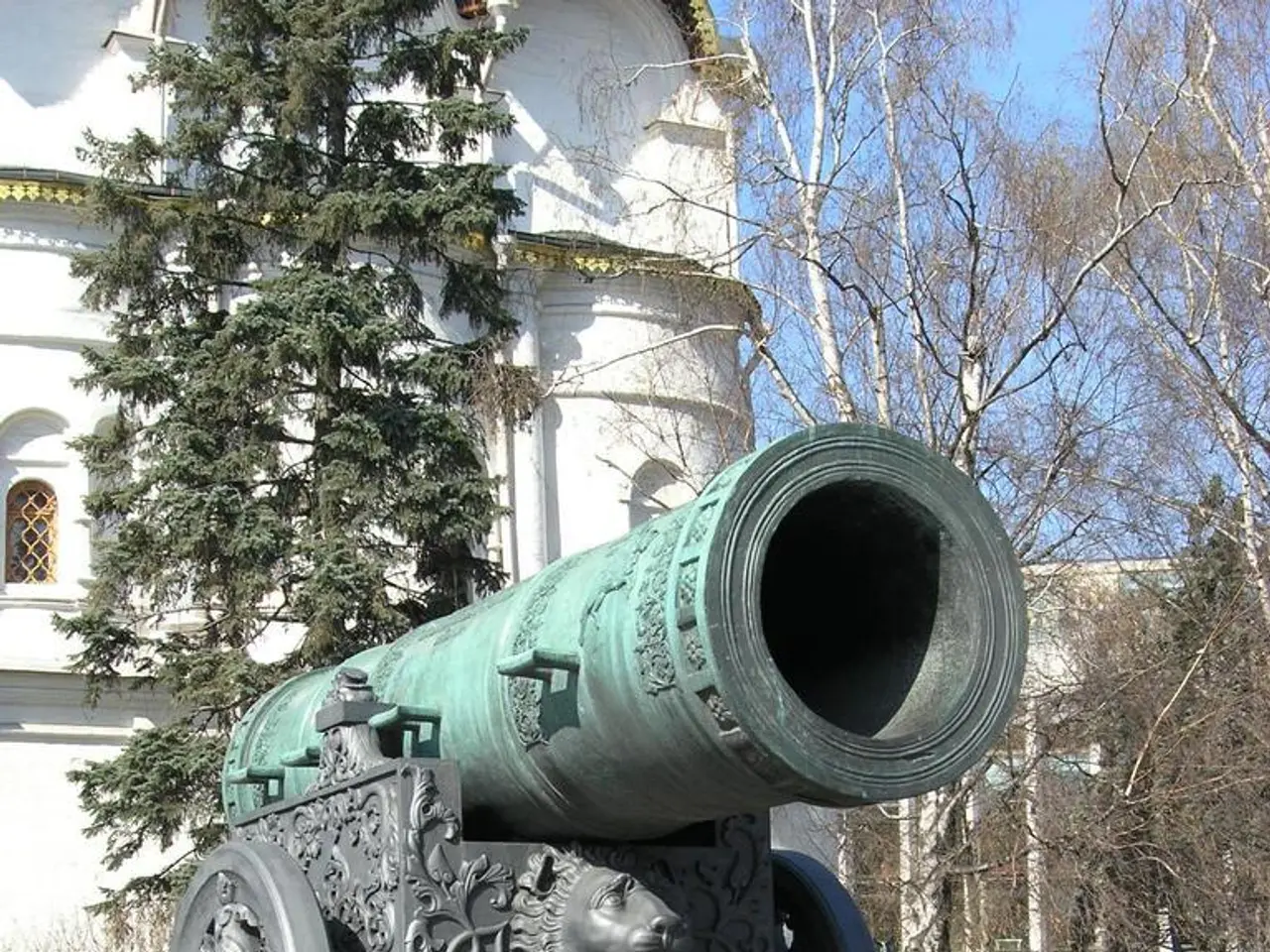Western observers express similar concerns as those in Central Asia regarding Alexey Navalny's presence
In a recent interview on Youtube, Russian opposition leader Alexey Navalny discussed his views on nationalism with Yury Dud. This conversation has sparked debate, particularly in the post-Soviet space, about Navalny's stance on minorities and migration.
Navalny's past remarks have stirred controversy. In 2018, he made a statement implying that Uzbeks do not know Russian literature, specifically Pushkin. This comment led to an online flash mob of Uzbeks reciting Pushkin's poetry to demonstrate their knowledge. In another instance, in 2012, Navalny publicly described Abay, a key figure in 19th century Kazakh literature, music, and philosophy, as "A Kazakh who doesn't make sense." He later apologised for this remark on social media and declared himself a fan of Abay.
Navalny's views have also been criticised by some Western voices. Almut Rochowanski, a human rights expert focusing on the post-Soviet space and the impact of Western foreign policy on democratization, cautions against lionising or making excuses for anyone, including Navalny, due to their potential usefulness to Western policy-makers. Rochowanski believes that some Russian liberals share the stance of the end justifying the means, as seen in the popular slogan used by Navalny's supporters.
Navalny's stance on regulating the presence of Central Asians in Russia has made him a controversial figure for many Central Asian migrant workers living in Russia. For a majority of these workers, Navalny's rhetoric presents a negative image.
It is important to note that Russia is a multiethnic country where non-ethnic Slavs account for 17 percent of the population. Despite this diversity, Navalny supports Russia's annexation of Crimea, which runs counter to Western objectives.
The liberal Russian opposition and many in the West view Navalny's past mistakes as insignificant due to his fight against President Vladimir Putin's political system. Western policy-makers are willing to overlook problematic aspects of a potential new leader, such as Navalny, in their desperation.
However, it is crucial to remember that racism, antisemitism, and Islamophobia are inherently incompatible with democracy and the rule of law. Some in the West have voiced similar concerns about Navalny's uncritical reverence. Nazgul Yergalieva, a consultant from Kazakhstan, shares these concerns about Navalny's political views towards minorities and foreigners, as well as his use of offensive language towards various nationalities.
The longer Russia resists Western influence, the more desperate Western policy-makers become to find a new leader. Part of Navalny's success as a public figure comes from a strong Western support base that presents a one-sided portrait of him, including through statements made by political figures, members of civil society, and journalists.
However, it is essential to approach such figures with a critical eye, considering all aspects of their views and actions, not just those that align with Western interests.
Read also:
- Lu Shiow-yen's Challenging Position as Chair of the Chinese Nationalist Party (KMT) Under Scrutiny in Donovan's Analysis
- Central Taiwan Discourse: Disputed Native History Claims by PRC
- Jaipur's Amer Fort experiences a 200-foot section collapse during heavy rainfall, but fortunately, no casualties are reported.
- School mandates for vaccinations in Florida are being terminated, opening a question about whether other states will adopt a similar approach.








